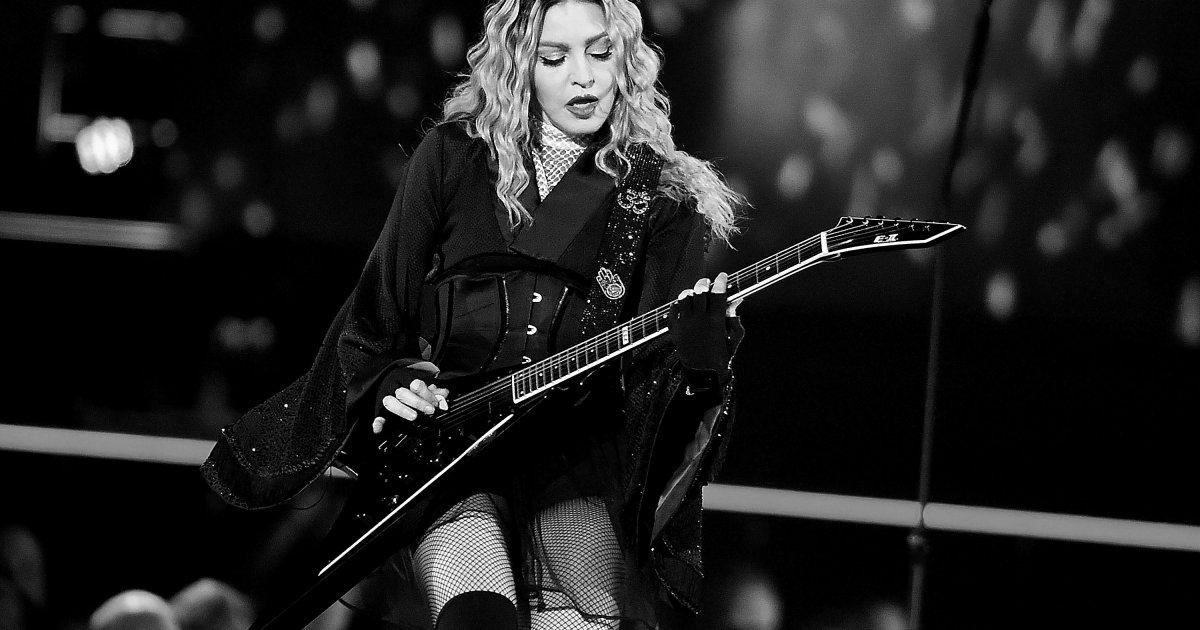Madonna Rings in 63
- Madonna turns 63 this week and inked a huge deal bringing her entire music catalog to Warner.
- The singer’s mother passed from breast cancer when she was just 5 years old; she dedicated her 1989 album, Like a Prayer, to her mother.
- Breast cancer can be treated with chemotherapy, radiation, and surgery.
Madonna turns 63 today, and it’s no surprise that she’s doing it in style. She announced a huge deal with Warner, a “career-spanning partnership” which will enable fans to celebrate her musical catalog from the last 40 years.
Read MoreView this post on Instagram
Madonna continues to be an inspiration to so many people around the world, including those who have lost a parent to cancer. She’s a symbol of what’s possible after grief, and how you can build an incredible life for yourself, even after something as difficult as the cancer-related loss of a parent. We love Madonna for her incredible determination in the face of grief and loss.
Her Mom’s Breast Cancer Battle
Madonna’s mom was also named Madonna. She passed away in December 1963, and the death changed 5-year-old Madonna forever.
The pop star shared in a 1989 interview with Rolling Stone, "If she were alive, I would be someone else. I would be a completely different person." Her song Promise to Try is about letting go, and trying not to shape an image of her mother into something she wasn't.
"It's about yearning to have her in my life but also about trying to accept the fact that she's not." The song appeared on her chart-topping album Like a Prayer, which was dedicated to her late mother.
In a 1989 interview with The Chicago Tribune, she says of her mom’s cancer fight, “I don’t think she ever allowed herself to wallow in the tragedy of her situation. So in that respect, I think she gave me an incredible lesson.”
Treating Breast Cancer
Breast cancer is typically treated with chemotherapy, radiation and surgery. If the cancer hasn’t yet spread to other parts of the body, surgery is typically one of the first treatment considerations.
Dana-Farber oncologist Dr. Ann Partridge explains in a previous interview the influencing factors around opting for a mastectomy to treat breast cancer. She says, "So when I talk to a woman who comes to me and she has breast cancer, I evaluate what the standard options for treatment for her are."
"[This] typically includes cutting out the cancer, which is either a lumpectomy if you can get it all with just a little scooping around of the area that's abnormal or a mastectomy for some women meaning taking the full breast because sometimes these lesions can be very extensive in the breast," she explains. "And I'll talk to a woman about that and I'll say these are two main options or the big fork in the road."
When Should You Consider a Mastectomy?
Overcoming Grief
Grief is a journey, and there are tools available to help make it an easier one, after losing a loved one to cancer. Most people find therapy to be a helpful addition to the grieving process. With a talented therapist or psychologist, you can process the emotions of grief in a safe space with a trained professional.
Additionally, some people find that bereavement support groups are a helpful way to come together with others who are experiencing the same things as you are. Be gentle with yourself as you go through the grief process there is no single “right” way to grieve, and everyone’s experience looks different, and so does the timeline. Give yourself the time and space you need after going through a cancer-related loss.
Support Groups Can Offer Comfort and Encouragement
Learn more about SurvivorNet's rigorous medical review process.


